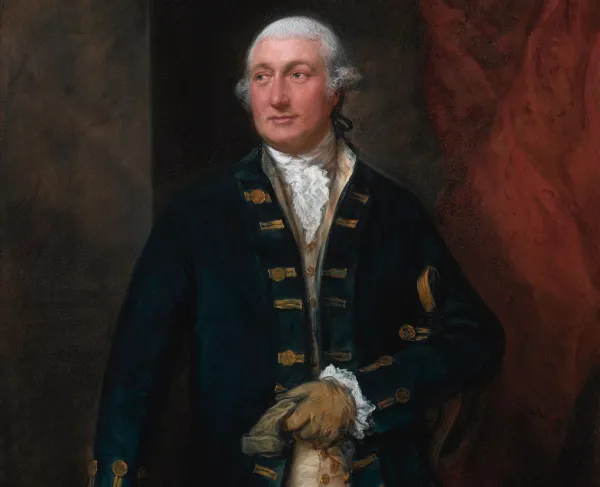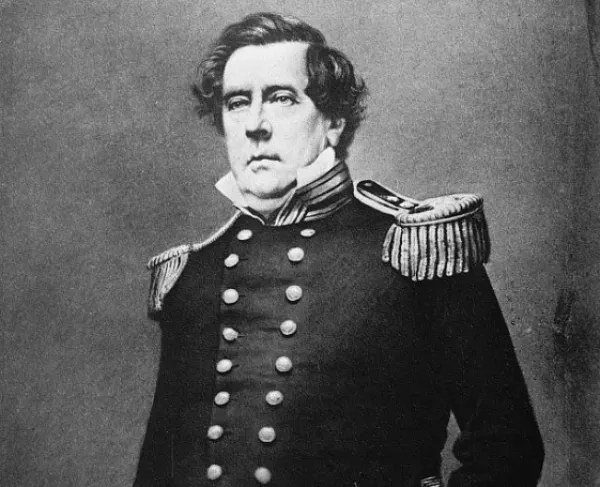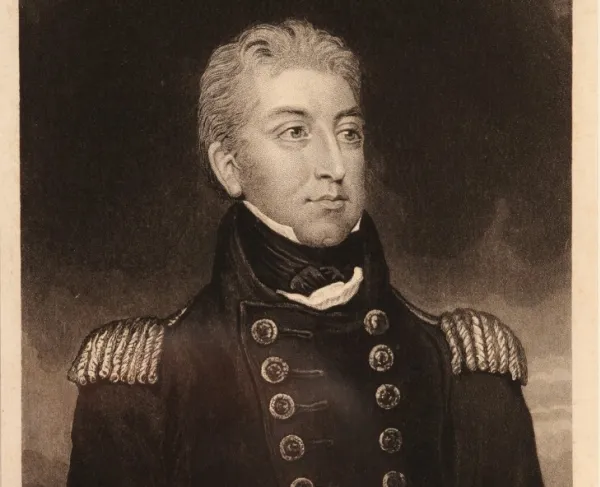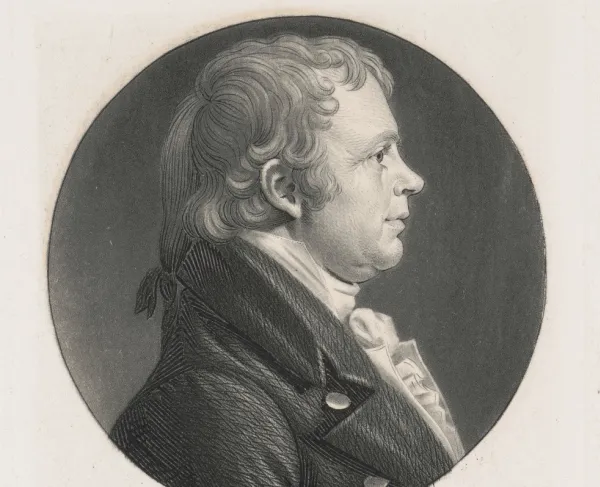Thomas Graves

Born in 1725 into a naval family in Cornwall, England. At an early age, Thomas Graves followed his father into service and served in the West Indies, where he gained experience and was promoted to lieutenant. The Royal Navy assigned him to patrol North American waterways during the French and Indian War. Graves faced a court marshal during his service for failing to catch a French merchant vessel. Despite his charges, he was promoted to Rear Admiral and commanded larger fleets. In 1761, Graves was placed in command of convoying fishing fleets from England to Newfoundland and promoted to Commodore and Governor of that area. While patrolling the Atlantic and North Seas, Graves received word that French merchant and fishing ships utilized British ports. Alongside other admirals, Graves and his men repelled the small French fleet. Graves served as governor until 1764, before he returned to England. While in England, he stayed on active duty and completed patrol duties around the island.
Once the American Revolution began, Graves was sent to patrol and regulate trade in the West Indies. In 1779, Graves was promoted to Rear Admiral and returned to England for his next assignment. In 1780, Grave officially entered the American Revolution alongside Admiral Mariol Arbuthnot. In May 1781, Graves received instruction to aid General Charles Cornwallis in Yorktown, Virginia. When Graves sailed to Yorktown, he did not find the French or colonial fleet; supplied with false information, he sailed north to conjoin forces with Samuel Hood. While in New York, Graves received word of Comte de Grasse's incoming fleet. After returning to the mouth of the Chesapeake, Graves faced a sizeable French fleet. Cornwallis desperately needed men and supplies as the ships fired on one another. Although the battle lasted three hours, it was a decisive French victory when Graves retreated. In doing so, he failed to resupply Cornwallis, allowing the Continental Army to siege Yorktown. Cornwallis officially surrendered on October 19, 1781, foreshadowing the end of the American Revolution in the United States.
After the American Revolution, Graves returned to England to defend his reputation as a naval commander. After arriving in London, Graves faced trial for his wartime conduct and actions during the Battle of the Capes. He was let off easy and later promoted to Admiral in 1794. He continued his naval career until 1794, during the Battle of the Glorious First of June against the French. Graves was severely wounded during the battle and taken back to England for medical treatment. Due to his injuries, Graves was forced to retire. He lived the remainder of his life out of the public sphere, and on February 9, 1802, he died in his home in Cornwall, England.
Related Battles
210
336





